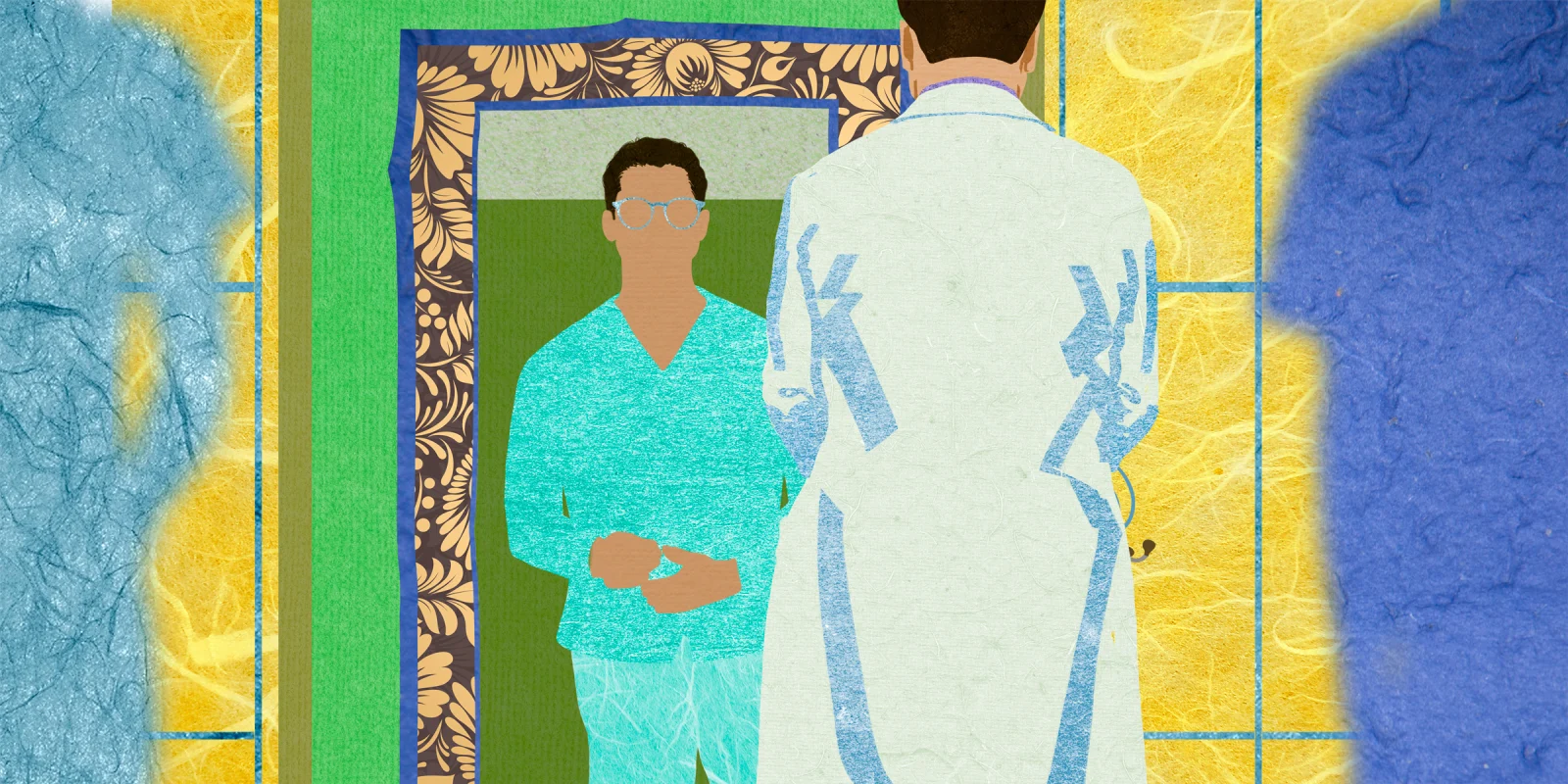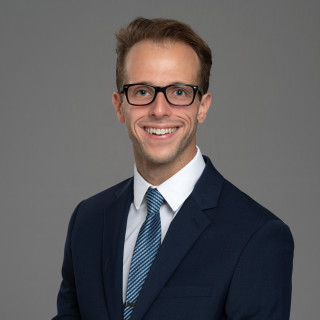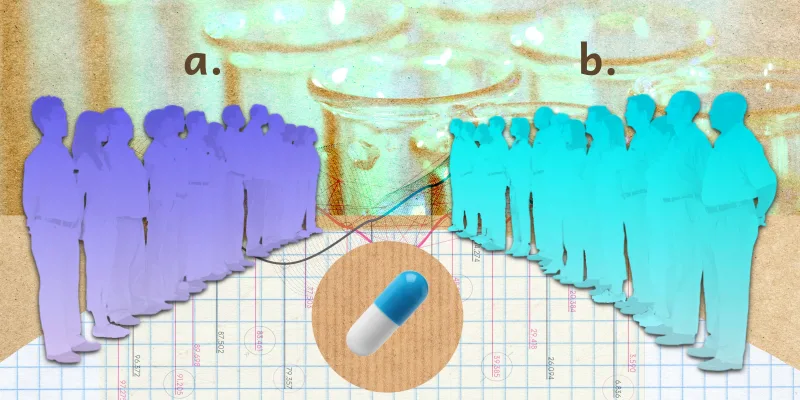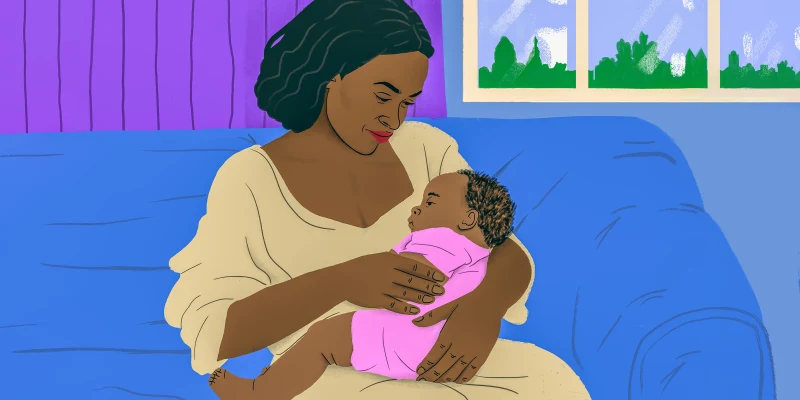Collective uncertainty and panic spread through the cabin when our flight to Montreal encountered severe weather and lost contact with ground control for 30 minutes.
Anxiety was palpable. Passengers gripped their armrests tighter with each jolt, looking to one another in search of reassurance. I already had a poor track record of delays and cancellations when flying, but nothing could have prepared me for this. My thoughts shifted from “Will I make it to my conference on time?” to “Will I make it off this plane alive?”
As physicians, regardless of specialty, we are trained to prepare for unexpected clinical scenarios — to react safely and swiftly to care for patients. Medical education now incorporates disaster preparedness into curricula, and trainees are regularly evaluated on their ability to anticipate, prioritize, and act.
Many academic centers have taken this further, implementing formal systems to review adverse events and near misses. At my institution, interdisciplinary debriefings are routine, bringing together trainees, faculty, and even patients’ families when outcomes fall short.
Yet our reflections on regret often end at the doors of the hospital. Especially as residents, where almost all our energy is poured into patient care, it is easy to feel as if our emotional bandwidth does not extend beyond our clinical roles.
We reflect on diagnostic errors, missed clinical signs, or conversations that could have gone differently. We debrief after complications. Yet what we rarely confront — what there is no formal process for — is the quiet accumulation of regret outside of clinical medicine: the phone calls never made, the friendships we let fade, the life events we delayed, dismissed, or disavowed for the sake of training.
As the plane jolted, I tried in vain to connect to Wi-Fi to send messages to loved ones. I was forced to sit alone with my thoughts as the cabin descended into collective anxiety. My mind raced to worst-case scenarios: “Who would present my work at this conference?” and “Who would cover my on-call shifts?” These quickly gave way to deeper questions: “If I only had minutes left, who would I write to?”
I thought of patients I wished I had spent more time with, students I didn’t mentor enough, mentors I drifted from after switching specialties. Yet even more painful were the personal regrets: family challenges I wish I had navigated differently, relationships I let fade. I thought about my parents’ petty arguments, the time they wasted, and the silence that followed my mother’s death from breast cancer during my adolescence. I wondered if I was repeating their mistakes.
Regret in medicine has long been studied — mostly through the lens of clinical decisions, professional identity, and specialty choice. Dr. Mohini Dasari, a 2023–2024 Doximity Op-Med Fellow, wrote powerfully on regret in choosing a specialty. Moreover, some literature explores how clinicians can lean on the AMA’s Code of Medical Ethics when navigating adverse outcomes. But nearly all of this work remains rooted in the workplace. What about the relationships we let fade, the celebrations we miss, the connections we neglect for clinical duties? Does the lack of formal inquiry into these regrets make them any less real — or have we simply been too busy, too conditioned, to look?
Arguably worse than acknowledging regret is the tendency among students, trainees, and even attending physicians to disregard the emotional and personal toll of medical education as a means of survival — compartmentalizing discomfort, rationalizing loss, and normalizing exhaustion just to keep going. A New York Magazine piece published this past April highlighted how common it has become for medical students to exist in a state of denial, idealizing the noble profession they have chosen while overlooking its profound challenges. It can take a lifetime to recognize what we have sacrificed in pursuit of our professional goals.
When our flight finally landed in Montreal, the cabin erupted into movement. Passengers rushed to deplane, pushing past one another toward the exit. I sat frozen. The same flight attendant who had calmly explained the situation mid-flight paused beside me and asked if I was alright. I nodded, and she offered to walk me into the terminal. I accepted.
Inside the airport, life resumed. I took out my phone to send a message I had composed in my head countless times before — one I had always rationalized putting off for a better moment or a quieter day. I typed two brief sentences, then deleted them. I told myself I would send it another time.
But for once, I knew that wasn’t really the truth.
Because sometimes the hardest part of being in medicine isn’t the sacrifice itself but recognizing, too late, the life you put on hold to make it.
What personal sacrifices have you made for your career in medicine? Share in the comments.
Joshua E. Insler, MD, is a first-year resident in anesthesiology at Yale School of Medicine. Dr. Insler previously completed two years of residency in general surgery and a postdoctoral research fellowship, both at Cleveland Clinic Foundation.
Illustration by Jennifer Bogartz






